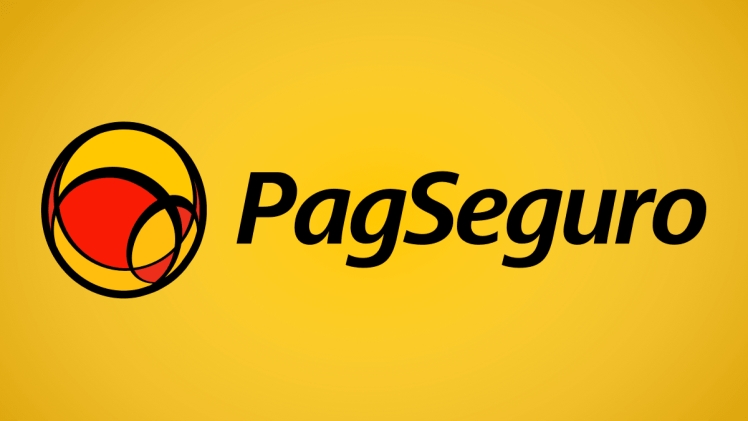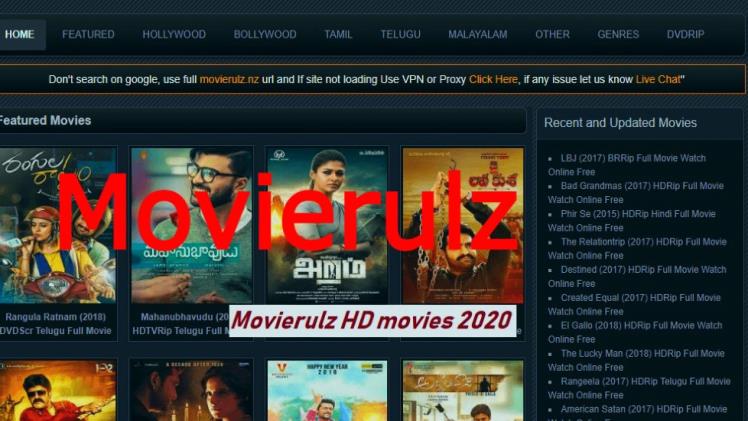The gaming industry has become more complex for operators. They have to meet the rules of different countries, understand a wide range of player habits, and stay competitive in a crowded market. Because of this, the flexibility of an operator’s platform is now one of the main factors that help a business stay strong and grow.
The market requires partners who can account for jurisdictions, local peculiarities, and content specifics. This is where the experience of major technology companies, including Soft2Bet, helps build strong products.
For a project to grow confidently and securely, a supplier must be more than just a technology integrator. They must be an iGaming solutions provider capable of adapting their system to each specific market.
Strategic Architecture with Multi-Brand Potential
Deep adaptation begins with the platform. Tech companies are implementing multi-brand architecture, allowing operators to operate in multiple markets simultaneously.
This approach reduces dependence on a single region and accelerates scaling. The platform serves as the foundation for customizing content, UX, and marketing scenarios tailored to each country’s specific needs.
It also gives the product room to adapt to changing conditions: new regulations, local payment methods, language preferences, and different promotional formats. The provider gives the operator the flexibility to react quickly and confidently, which is especially valuable when several projects with different strategies are to be launched simultaneously.
Gamification in Local Conditions
Gamification is becoming a critical tool for player retention, but its mechanics must be adapted to the target audience. Providers are developing their own engines that create personalized player development trajectories.
Characters, missions, levels, and tournament activities are tailored to the market style. Thus, gamification becomes a natural part of the user journey. It increases engagement, reduces churn, and creates an additional emotional connection.
Some markets emphasize achievements, while others focus on competitions or progress bars, which require fine-tuning. Soft2Bet, for example, demonstrates that proprietary engines enable operators to adapt game scenarios flexibly.
Localization and Technical Adaptation
Deep localization is more than just interface translation. It encompasses a comprehensive approach that includes legal, technical, and marketing elements.
Each jurisdiction is unique and places its own demands on operators. If you want your platform to be universal, you need to consider the requirements of each location. Generally, you should focus on the following aspects:
- payment method setup;
- content and language localization;
- UX adaptation to the market;
- implementation of responsible gaming tools;
- compliance with regulatory standards;
- setting limits and policies;
- support for local operations.
These processes allow operators to quickly integrate into a country’s ecosystem and provide players with a familiar, comfortable experience.
The platform must address security requirements, encryption, verification, reporting, and user activity monitoring. When all elements work together, the operator has a stable infrastructure.
Launch Speed and Supplier Support
Operators need to enter the market faster than their competitors. Suppliers operating in regulated jurisdictions build processes to minimize the time between ideation and launch. Scalable architecture and ready-made integrations reduce timelines and allow for local testing of hypotheses.
Technical and operational support helps operators avoid complications. Local specialists provide market recommendations, help adjust the product, and adapt marketing strategies. This reduces risks and facilitates the launch.
Conclusion
Flexibility, technological advancement, and deep customization have become the foundation for successful operations across multiple countries. A provider that can combine multi-brand architecture, gamification, localization, and regulatory compliance helps operators feel confident. This model lowers entry barriers, accelerates development, and creates the conditions for stable growth.





